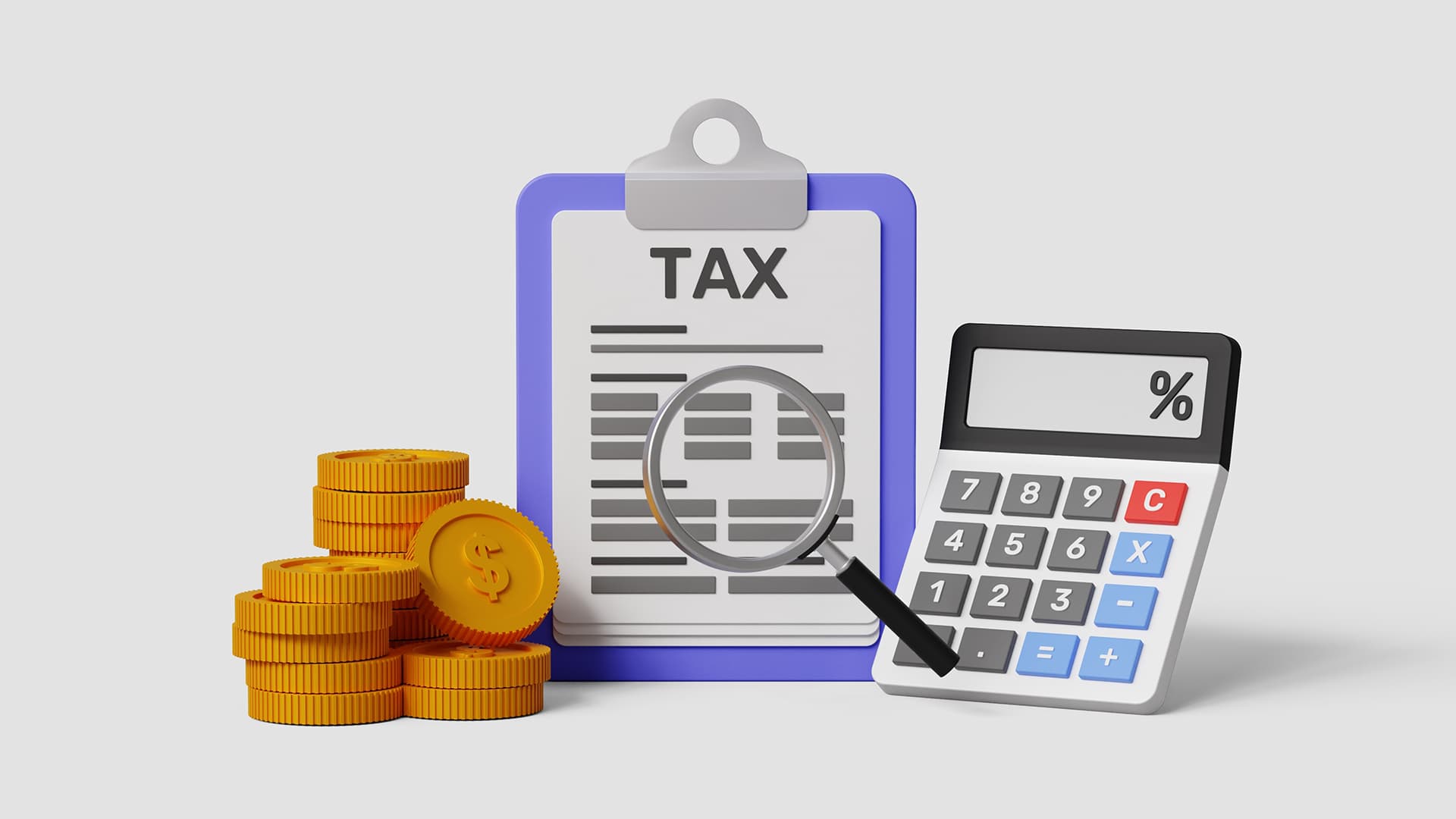The Good, the Bad, and the Ugly of Nigeria’s New Tax Laws
In June 2025, President Bola Ahmed Tinubu signed into law four transformative tax reform bills, marking a historic overhaul of Nigeria’s fiscal landscape. These new laws the Nigeria Tax Act (NTA), Nigeria Tax Administration Act (NTAA), Nigeria Revenue Service (Establishment) Act (NRSA), and the Joint Revenue Board (Establishment) Act (JRBA) aim to modernise the country’s outdated tax system, streamline compliance, boost revenue, and stimulate economic growth.
With Nigeria’s tax-to-GDP ratio stagnating at just over 10% far below the African average of 16–18% these reforms represent a bold effort to align Nigeria’s fiscal framework with global standards while addressing its unique economic realities. But like any major policy shift, the new tax laws bring a mix of promise, pitfalls, and controversy. This article breaks down the good, the bad, and the ugly of Nigeria’s 2025 tax reforms and what they mean for individuals, businesses, and the wider economy.
The Good: A Step Toward Fiscal Modernisation
The reforms signal a long overdue attempt to fix the inefficiencies, fragmentation, and inequities that have long plagued Nigeria’s tax system. For decades, overlapping taxes and outdated rules have made compliance difficult, especially for low-income earners and small businesses. The new laws tackle these issues head-on with key improvements:
“With over 50 overlapping ‘nuisance taxes’ eliminated, Nigeria’s new tax code marks a turning point in fiscal simplification.”
1. Simplified Tax Framework
The Nigeria Tax Act consolidates over a dozen legacy tax laws into a unified statute. More than 50 low-yield "nuisance taxes" are eliminated, simplifying tax obligations. Companies with annual turnover below ₦100 million and fixed assets under ₦250 million are exempt from CIT and CGT, freeing capital for reinvestment.
2. Relief for Low Income Households
“For the first time, low income Nigerians earning under ₦1 million annually may pay zero personal income tax.”
Individuals earning up to ₦1 million annually now qualify for a ₦200,000 rent deduction. Essential goods and services are zero-rated for VAT.
3. Boost for Small Businesses
“Small businesses are no longer burdened by complex filings and multiple taxes a game changer for Nigeria’s informal economy.”
SMEs enjoy exemptions and simplified filing, encouraging formalization and growth of the informal sector.
4. Corporate Tax Reductions
Corporate tax rate drops to 27.5% in 2025 and 25% in coming years. VAT credits for expenses reduce operating costs.
5. Digital Transformation and Transparency
The NRS replaces FIRS and introduces e-filing, real-time reporting, and data-driven audits. A new Tax Ombudsman and Tribunal are established.
6. Revenue Growth Without Overburdening Citizens
Tax-to-GDP goal is 18% by 2026 without increasing tax on essentials. The government broadens the base with CFC rules and global income tax.
The Bad: Implementation Challenges and Uncertainties
“Tax reforms without public trust are like roads without bridges — they collapse under pressure.”
1. Implementation Risks
Digital infrastructure, staff training, and cybersecurity require investment. Small businesses may struggle to adapt.
2. Public Awareness and Trust
Many Nigerians remain uninformed, risking non-compliance. TIN rollout could face resistance without proper education.
3. Higher Burden for High Income Earners
“Multinationals face a new era of accountability, but at what cost to investment and innovation?”
VAT on luxury goods and CGT on shares may deter investment or cause capital flight.
4. Short Term Economic Disruptions
System upgrades, retraining, and confusion may cause business disruptions in the transition period.
5. Regional Inequalities
Some states may lag behind due to weak administrative capacity and lack of coordination.
The Ugly: Controversies and Unintended Consequences
“Simplification doesn’t always mean clarity poor awareness could turn a good policy into a public relations disaster.”
1. Risk of Overreach
NRS's increased powers may raise data privacy concerns despite protections.
2. Multinational Pressure
The 15% minimum tax and 4% development levy may discourage tech and fintech innovation.
3. Political and Social Pushback
Reforms were fast-tracked with limited input, risking alienation and lack of buy-in.
4. Informal Sector Resistance
Without digital tools and support, many traders may resist registration and stay informal.
5. Inequality Concerns
Progressive taxes on the wealthy may fuel class tension if revenue isn’t transparently used.
Looking Ahead: Balancing Promise and Peril
Nigeria’s 2025 tax reforms are a bold step toward equity, efficiency, and modernization. The good provides a framework for inclusive growth; the bad highlights execution risks; and the ugly reveals the importance of transparency and trust.
Key Recommendations
- Government: Prioritize awareness campaigns, invest in digital infrastructure, and enforce laws fairly.
- Businesses: Review tax exposure, upgrade systems, and train staff.
- Citizens: Engage with reform education and demand accountability.
If done right, these reforms could mark a turning point for Nigeria’s tax system and economy.

Written by Ayo Fatolu
Ayo Fatolu is a visionary founder, seasoned business analyst, and strategic investor with 19+ years of experience across technology, logistics, fintech, and emerging markets. He empowers entrepreneurs and drives policy reform for Africa’s economic transformation.
📬 Follow Ayo for more investigative insights or subscribe to the newsletter for weekly updates.


Comments (0)